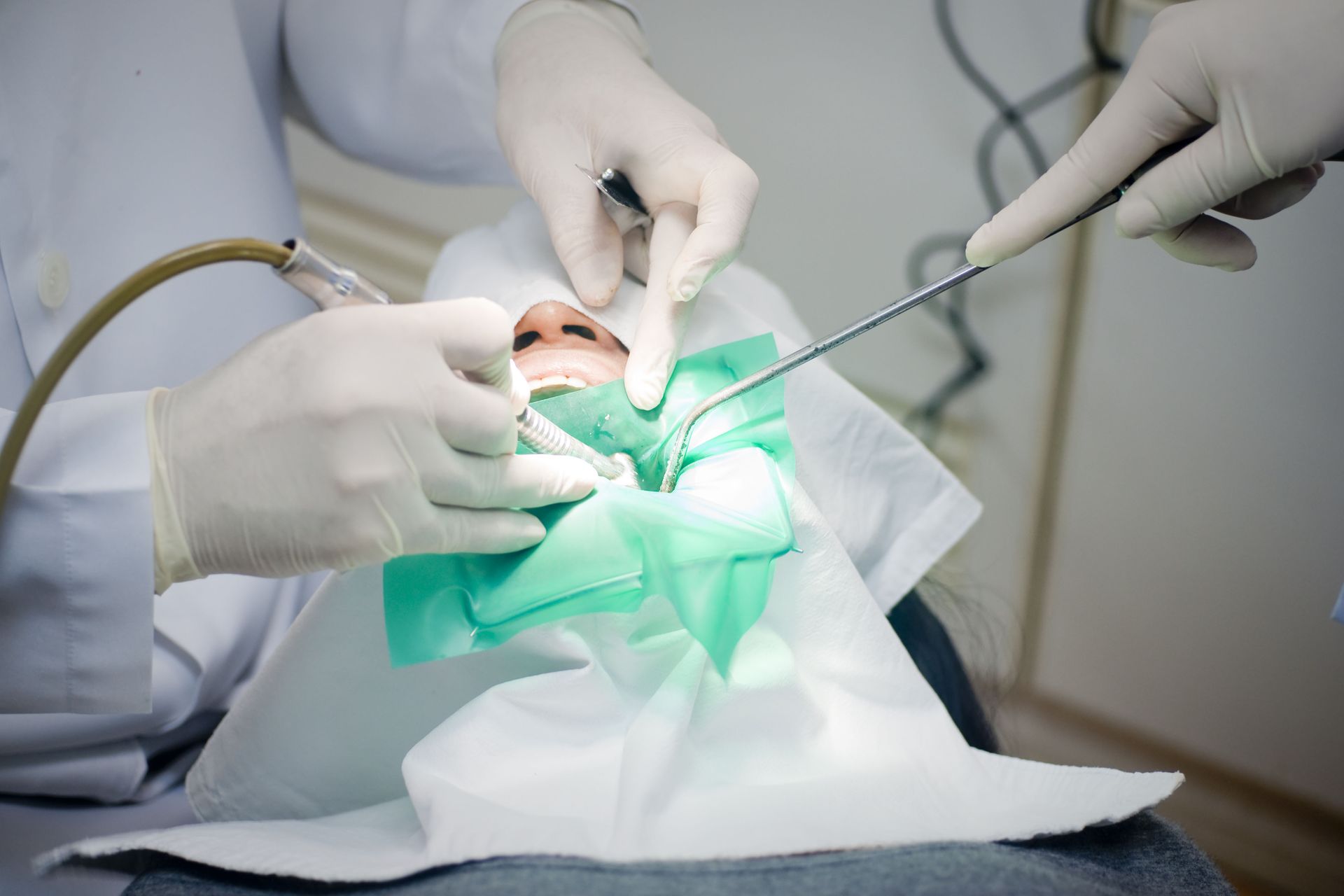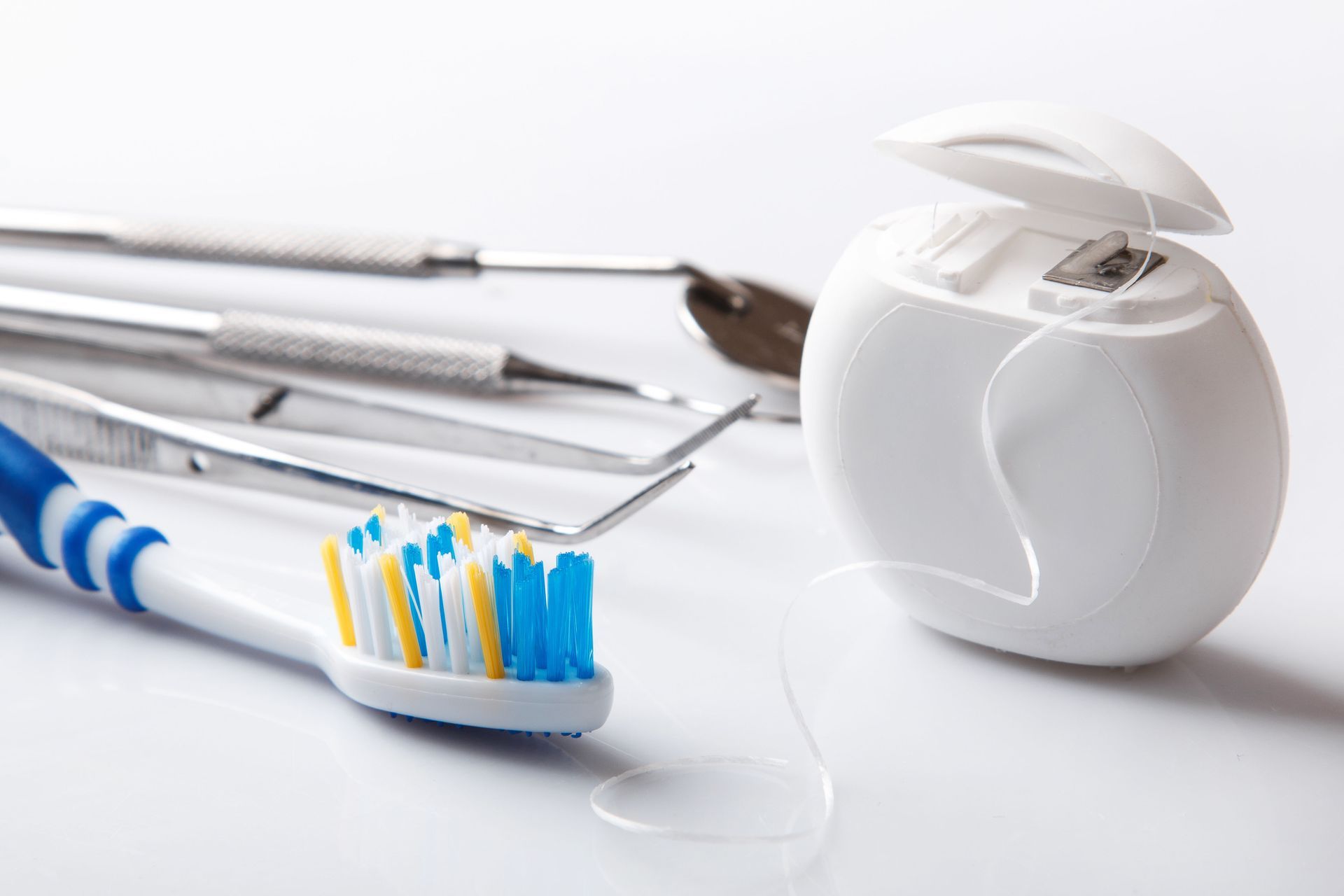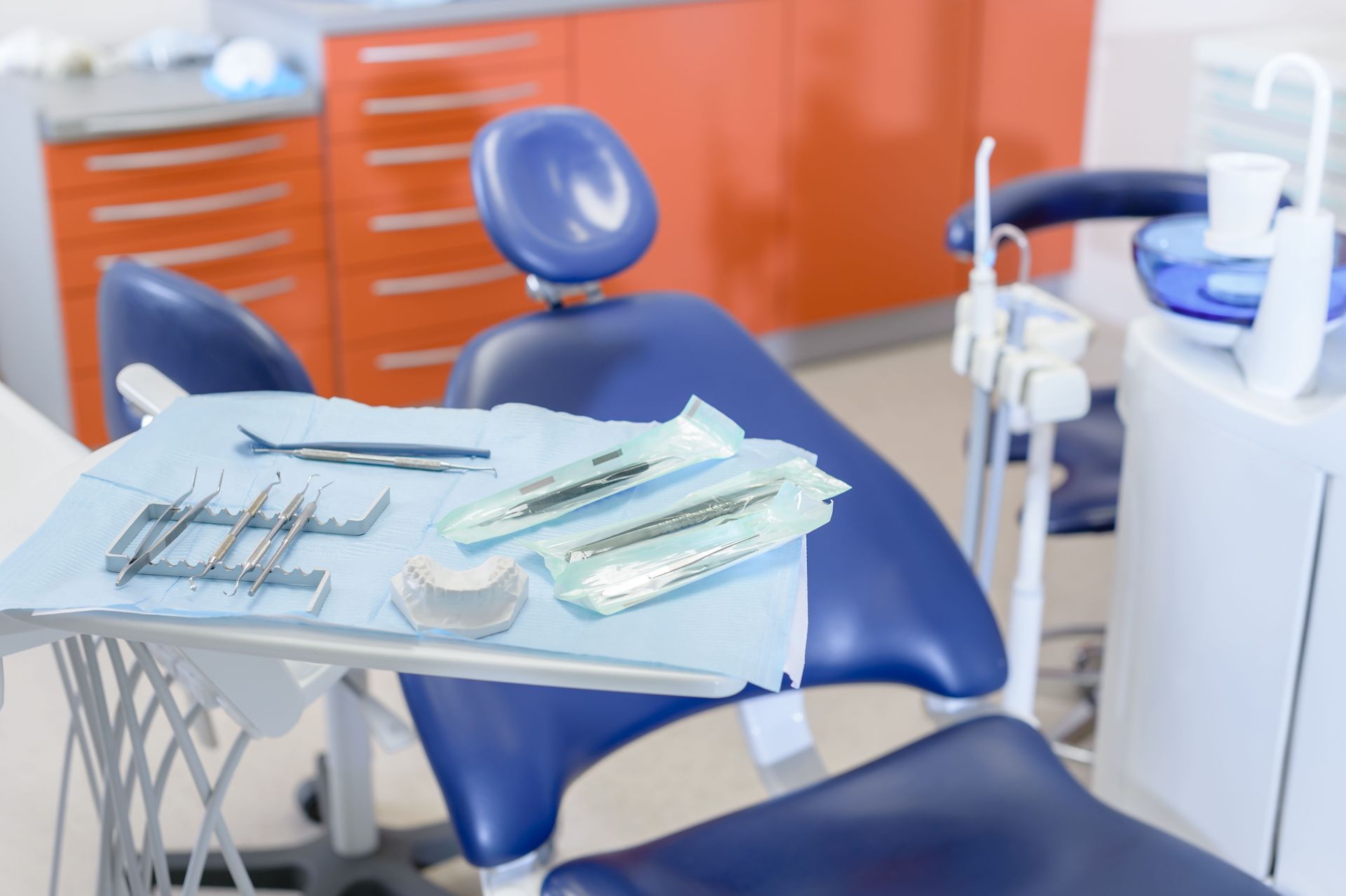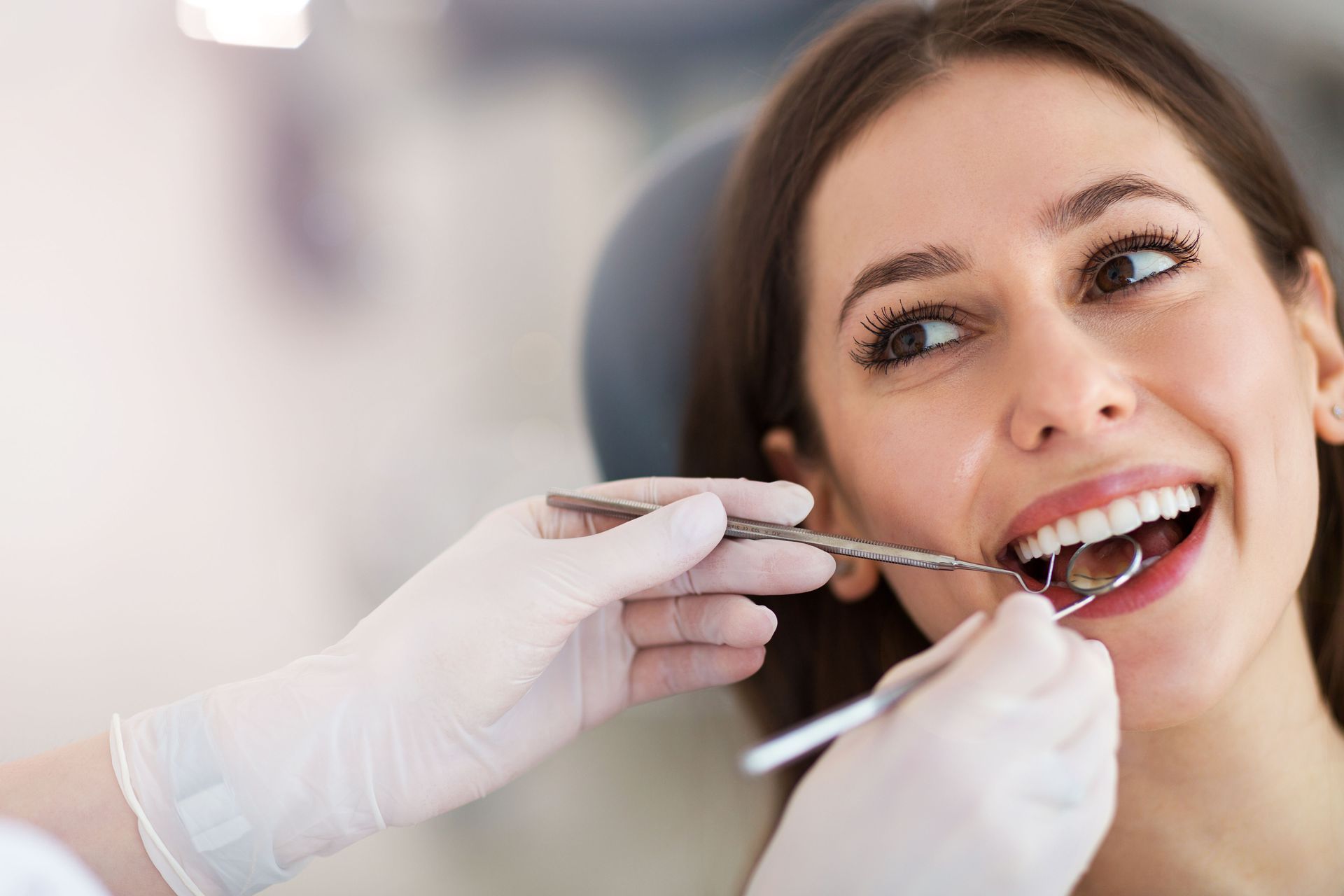Important Questions to Ask During Your Oral Surgery Consultation
When you're scheduled for oral surgery, it's expected that you'll have some questions to ask your surgeon. Doing so can help ease your mind going into the surgery since you'll know what to expect. To save time and prepare ahead, here's a list of the best questions to ask when you go in for your consultation.
How Much Does the Procedure Cost?
This is usually one of the first questions people ask because affordability matters. Knowing the full costs involved helps you budget accordingly and prevents nasty surprises down the line. For instance, you might only budget for the initial costs but fail to account for ongoing costs. To avoid this, make sure the dental office gives you a full breakdown of all costs.
If you have health insurance, you'll need to calculate how much is covered and what you need to pay out-of-pocket. In addition, most dental offices allow you to negotiate a payment plan so you can spread out the cost of your oral surgery. At the end of the day, it's worth it to pay for a procedure that ensures the best oral health instead of a cheap one that can end up being more costly.
What Does the Procedure Involve?
Your surgeon should be able to give you a quick and simplified version of the oral surgery without getting too technical. For instance, they can give you a step-by-step version explaining how long the procedure will take and where the incisions will be made. Your oral surgeon should be forthcoming with this information since you deserve to know what will happen to your body. Don't forget to also ask about post-surgery follow-ups and what they may involve if they are on the schedule.
Is the Procedure Painful?
Today, the idea of surgery shouldn't seem too intimidating because there's a wide range of anesthesia options available. For instance, your surgeon might choose to use local anesthesia to ensure you're comfortable. Local anesthesia is typically applied as a numbing agent or injection applied directly on the surgical site. You can also opt for IV sedation if you feel you need a higher level of anesthesia for the procedure. If sedation is necessary, it's advisable to at least arrange transportation from the dental office since the drowsiness might take time to wear off.
What's Your Level of Experience With This Surgery?
According to the Academy of Implant Dentistry, over 30 million Americans have at least one jaw with all teeth missing. Most of these people depend on oral surgery to correct the issue, so it's safe to say there are many experienced surgeons in the country. Generally, the more experienced your surgeon is, the lower the risk of the surgery. A seasoned oral surgeon should have performed many similar procedures and be able to offer valuable insight about what to expect before, during, and after the surgery.
How Can I Recover From the Procedure Quickly?
You'll need some time to recover from your oral surgery, so it may be necessary to take some time off from work/school or rearrange your schedule where necessary. Fortunately, most oral surgeries are outpatient surgeries, so the recovery time is quite short. But for your surgery, you may need a longer recovery period. Your surgeon will make sure to give you post-procedure instructions that you need to adhere to in order to ensure a comfortable and healthy recovery. By way of example, your surgeon will recommend medications, such as painkillers and antibiotics. They may also advise which foods to eat or avoid for the best results.
Is the Procedure Safe?
It's important to note that any surgery comes with its own risks. Therefore, it's smart to ask about the risks that come with oral surgeries so you can be prepared if complications arise. The good news is that most oral surgery procedures don't carry a lot of risks, especially if you're in good health. Therefore, you should expect your oral procedure and recovery to go smoothly.
These are the best questions to ask so that you can thoroughly understand your oral surgery procedure. Based on the answers you get, you'll feel more confident with your surgeon's abilities, and you'll know how to ensure a better recovery. Naturally, you may have more questions to ask your surgeon than the ones listed here. In that case, give us a call, and we will be happy to answer any additional questions you may have. We are also available to discuss your oral surgery options and how we can help you achieve the results you want.











Share On: